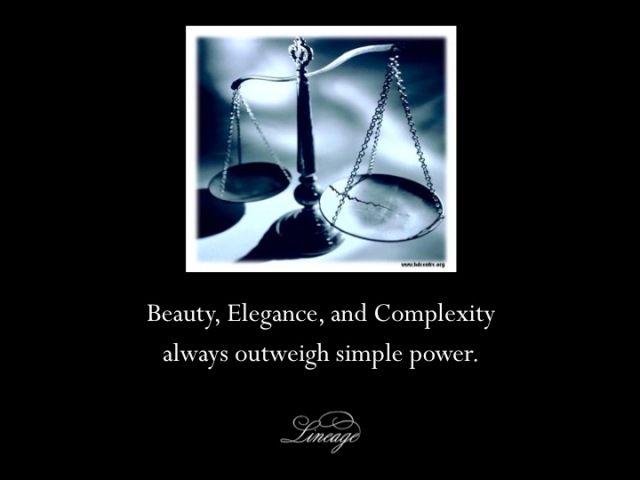I think a lot about wine. Not just how a particular wine tastes, but even more about what wine means and how to put the craft of winemaking and the role of Beauty in wine into a communicable context.
In all the ways I’ve asked myself questions about wine, my friend and fellow winemaker, Brad Buehler, came up with a short question that has changed my thinking about this glorious thing we make. We were tasting a flight of wines recently, and came upon one that did not succeed on any level. Brad asked, “What did I learn from that wine?” The answer to the question was far less important than the nature of the question itself.
I’ve written before about great wine’s bottomlessness…it’s ability to continue to challenge one’s preconceived ideas about a place or a variety. Brad’s question opened a new avenue of inquiry, a very specific way of creating a context that get’s the wine lover directly into the meat of the wine-meaning evaluation process. While you can create a binary relationship between learned something = good wine/didn’t learn = not good, simply asking yourself the question every time you taste something, causes you to be a more thoughtful taster, causes you to create a system in your head that places value on certain characteristics of the wine, and opens you up to the myriad possibilities that have not been learned yet. In the end, this simple question, will – I think – go a long way to helping you create a wide-ranging context for the wines you enjoy most.
#
The picture above shows Craig Ploof, Brad Buehler, and I on Brad’s last day at Wente Vineyards. Brad was a constant presence for more than 40 years, and I will miss his guidance, his knowledge, and more importantly, his easy-going friendship. Cheers, buddy!









 vineyard and the craft has changed dramatically. No more am I trying to twist and mold and lengthen and compress. Now, I’m in a symbiotic relationship that is less about control and “making” than it is about revelation. Each element works in concert with the others and the process of sharing energy and desire with all my “partners” can lead to moments of perfection, or a state of perfect now-ness.
vineyard and the craft has changed dramatically. No more am I trying to twist and mold and lengthen and compress. Now, I’m in a symbiotic relationship that is less about control and “making” than it is about revelation. Each element works in concert with the others and the process of sharing energy and desire with all my “partners” can lead to moments of perfection, or a state of perfect now-ness.
